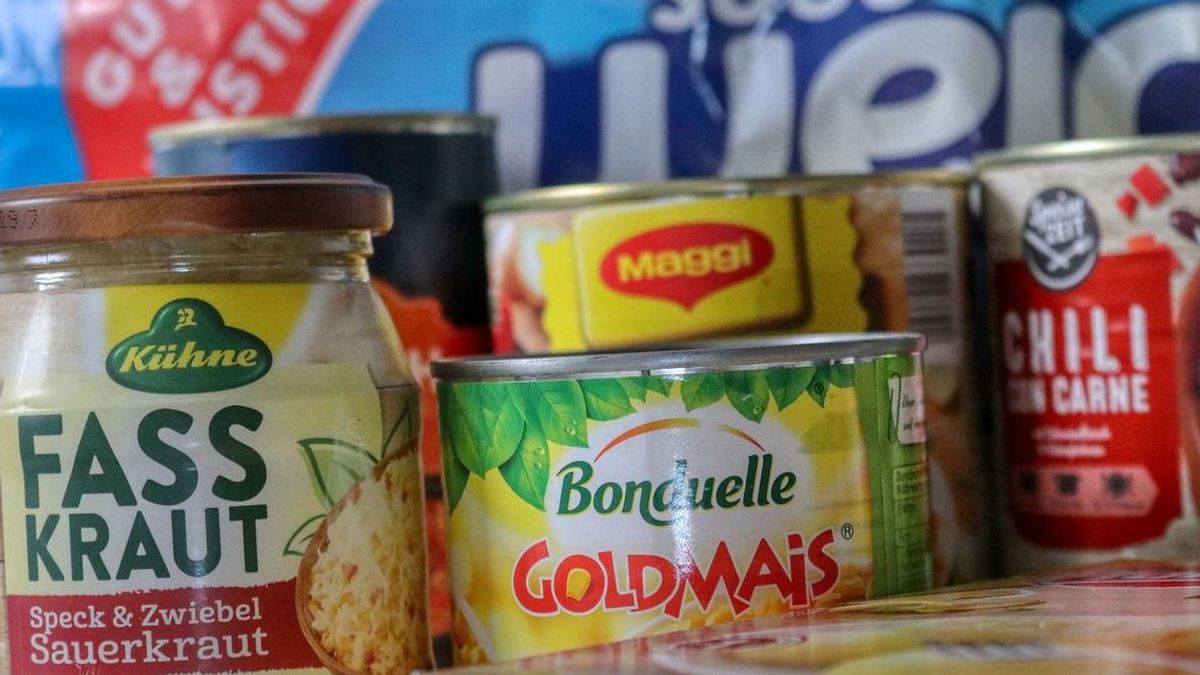YOGYAKARTA - Food distribution permits are a term that must be known by culinary business people. Especially for entrepreneurs who have their own brands, whether it's making their own products, developing, or simply repackaging. Every food traded domestically is required to have a distribution permit.
Baddan Pengawasan Obat dan Makanan (BPOM) mengatur kebijakan tersebut dalam UU no. 18 Tahun 2012 Pasal 91; PP no. 28 tahun 2004 Pasal 42; Perka Badan POM RI No. Hk.03.1.5.12.11.09955 Tahun 2011 Tentang Pendaftaran Pangan Olahan.
There are several types of processed food distribution permits that must be known by food business owners. Each type of food distribution permit has its own provisions, starting from the product, production process to registration.
Before making a food processing distribution permit, business people must first understand the various distribution permits. The distribution permits made must be in accordance with the products of their business needs.
Counseling Certificate
The Counseling Certificate (SP) is intended for household-scale industries, namely Micro and Small Business actors (SMEs). Businessers in this group simply register the SP product to be traded through DinKes. SME owners will get a code SP or registration number. DinKes will provide supervision in the form of counseling.
Household Industry Food Production Certificate
The Domestic Industrial Food Production Certificate (SPP-IRT) is intended for processed foods that have a durability or durability of more than 7 days. When registering for SPP-IRT, business owners will get a 15-digit PIRT number.
SPP-IRT has a validity period of this certificate for 5 years and can be extended. This certificate marks that the food products sold are guaranteed safe for consumption.
Domestic Food
This type of distribution permit or certificate can be chosen for businesses who have a fairly large capital. This certificate is required by culinary business people whose products are traded massively or quite in demand.
Businessmakers can apply for a food distribution permit through BPOM. After registering it, business owners will receive the MD code. MD codes are certificates intended for processed foods originating from within the country.
Food Outer
There is also a distribution permit or certificate for food from abroad. Foreign food certificates (ML) are intended for businesses who sell processed imported food products from other countries. However, the imported food must have passed the requirements set by BPOM.
After registering a distribution permit with BPOM, business owners will get an ML code for food products. This certificate is also given for products directly traded in Indonesia and products from outside that are repackaged by domestic business people.
Food Free Processing Permits
However, not all types of processed food products are required to have a distribution permit, both SPP-IRT and BPOM. There are several categories of types of food that are exempt from the use of distribution permits. The following is the category of distribution-free processed foods:
Those are the types of processed food distribution permits that culinary business owners must know. Businessists must register a distribution permit according to the type of product and business needs. For products that are categorized as distribution-free, there is no need to register a certificate or distribution permit.
The English, Chinese, Japanese, Arabic, and French versions are automatically generated by the AI. So there may still be inaccuracies in translating, please always see Indonesian as our main language. (system supported by DigitalSiber.id)













